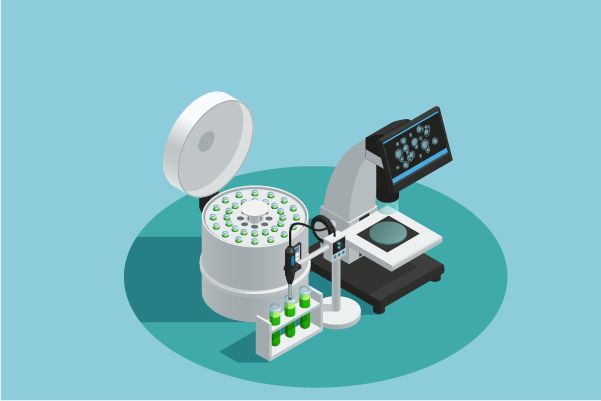What is the difference between patents and exclusivity?
Patents and exclusivity work in a similar fashion but are distinct from one another and governed by different statutes. Patents are a property right granted by the United States Patent and Trademark Office anytime during the development of a drug and can encompass a wide range of claims. Exclusivity refers to certain delays and prohibitions on approval of competitor drugs available under the statute that attach upon approval of a drug or of certain supplements. A new drug application (NDA) or abbreviated new drug application (ANDA) holder is eligible for exclusivity if statutory requirements are met. See 21 C.F.R. 314.108, 316.31, 316.34 and sections 505A, 505E, and 505(j)(5)(B)(iv) of the FD&C Act. Periods of exclusivity and patent terms may or may not run concurrently. Exclusivity was designed to promote a balance between new drug innovation and greater public access to drugs that result from generic drug competition.




